We kindly inform you that, as long as the subject affiliation of our 300.000+ articles is in progress, you might get unsufficient or no results on your third level or second level search. In this case, please broaden your search criteria.

At the turn of the 21st century, the spatial turn that took place in various fields of humanities and social sciences could also be observed in literary studies. On the international level, research was inspired by topics and theories from such fields as architecture, urban studies, sociology or anthropology. Slovak literary studies, however, has not been significantly inspired by geopoetics and has not devoted systematic attention to the study of urban locations and motives. This article provides a basic overview of existing research into the representations of urban settings in Slovak literature. It maps topics and methodological background of individual research initiatives with a special focus on literary and artistic representations of Bratislava. The paper also outlines new lines of inquiry, such as the relationship between literary representations of the city in the post-socialist Central Europe and the phenomenon of nostalgia. It also suggests the possibilities of comparative research. With regards to the latter, the author argues that juxtaposing literary representations of Bratislava with representations of urban settings in the literatures of other European “small nations” (Miroslav Hroch) offers more fruitful ground for research than searching for similarities in culturally and geographically closer Hungarian or Czech literature. The article also provides a list of selected literature on the problematics of urban representations in Slovak literature and culture.
More...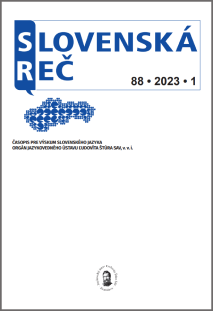

Alin Vaida, the founder of Jazz in the Park in Cluj-Napoca, discusses the festival’s collaboration with the Ethnographic Park, initiated due to the pandemic restrictions that limited events to 500 spectators. This move that started in 2020, created a unique blend of jazz music within an open-air museum setting, providing a distinct and harmonious atmosphere that aligns with the festival’s concept of creating a micro-universe where people connect emotionally. The Ethnographic Park, with its hidden energy and historical backdrop, offered a complementary environment for the festival, leading to a reinvention of the festival. This new location brought stability, new opportunities for community engagement, and innovative projects. It attracted a different audience and allowed for creative experimentation, which was not feasible in Central Park. The partnership greatly benefits the museum through increased visibility and new opportunities stemming from the festival’s national communication campaign. This collaboration enhances the museum’s reputation, making it more inclusive and recreational. Conversely, the festival gains prestige, seriousness, and a more respectful audience due to the museum’s influence. However, challenges exist. The festival faces risks due to limited control over the space and potential over-replication of the model by others, which could dilute its uniqueness. Logistical challenges also arise as the park is primarily a museum, requiring significant adaptations for the event. The museum faces pressure during the festival days and managing the increased attention can be demanding. Despite these challenges, the partnership is an example of good practices within the local community, showcasing mutual benefits. In a country with limited dedicated spaces for performing arts, such collaborations are essential. The relationship between Jazz in the Park and the Ethnographic Museum highlights the symbiotic nature of events and locations, demonstrating how each can enhance the other’s role in the community.
More...
Between April 24-29, 2023, within the Erasmus+ program, the mobility activity “Andragogy and Self-Directed Learning” took place in Barcelona, Spain, with a group of 9 participants (6 teachers and 3 museographers) from Croatia, Serbia, Italy, Lithuania and Romania. The Transylvanian Museum of Ethnography was represented at this mobility by museographers Tekla Tötszegi, Anca Mocan and Anca Zahaniciuc. The host organization was Anatolia Education.The course presented topics related to the basic principles of andragogy, the skills needed in the self-directed learning process (motivation, time management, critical thinking, problem solving), as well as the training of observation skills in adult education (attention to details, active listening, visual perception, memory, curiosity).The Erasmus experience represented an opportunity for museographers to enrich their knowledge and acquire new professional skills and qualifications in the area of adult education.
More...
Today, on the same day of August 31, 2024, Romania and the Republic of Moldova celebrate the Romanian Language Day, the Day of Romanian Speech, an event that serves as proof of our linguistic unity and holds great cultural and spiritual significance for the entire Romanian people, both at home and abroad. The cultural identity component is and remains essential for defining, specifying, and shaping the consciousness of national identity.
More...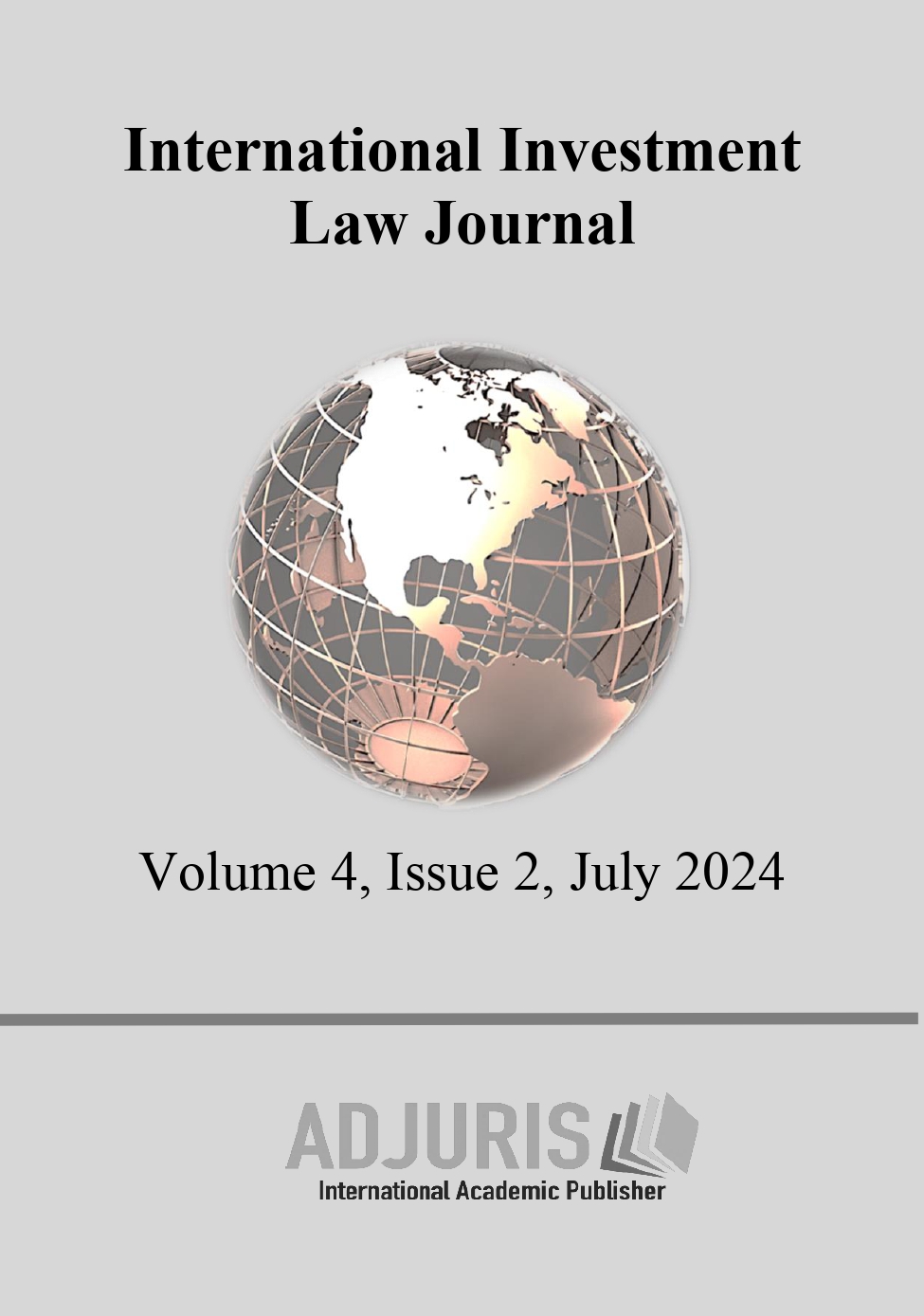
This editorial reflects on the discussions held during the workshop 'Pursuing Fairness in Times of Crisis: Reflections on the Future of International Economic Law', organized by the Interest Group on International Economic Law of the European Society of International Law (ESIL). The workshop highlighted the challenges and ethical dilemmas related to fairness in international investment arbitration. The selection of five contributions for this special edition from a multitude of submissions underscores the diversity and complexity of the topics addressed. The editorial also highlights the decline in new investment treaties in recent years, analyzing factors such as economic nationalism, geopolitical tensions, and the reassessment of existing treaties. In the current context, investment treaties remain crucial but require ongoing reassessment to ensure a fair balance between investor protection and state sovereignty.
More...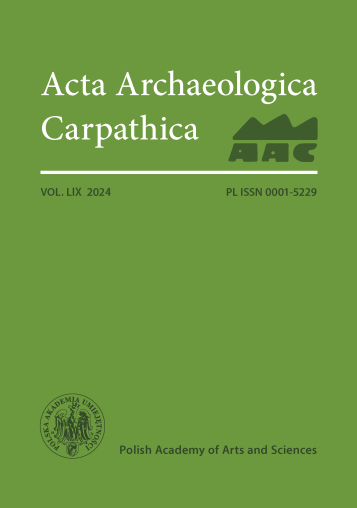
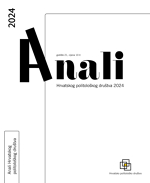
Objavom četvrtog godišnjaka u nizu, uredništvo Anala Hrvatskog politološkog društva, imenovano odlukom Fakultetskog vijeća Fakulteta političkih znanosti Sveučilišta u Zagrebu 28. siječnja 2021., ispunilo je svoju temeljnu mandatnu zadaću. Prije prepuštanja kormila u ruke novom kapetanu i posadi, koji će se suočiti s novim društvenim i političkim olujama – u kojima će, kao i uvijek, biti teško pronalaziti dobre tekstove – preostaje rekapitulirati rezultate rada ovog uredništva, reflektirati o mogućnostima razvoja časopisa te ukratko predstaviti naš posljednji broj čitateljstvu.
More...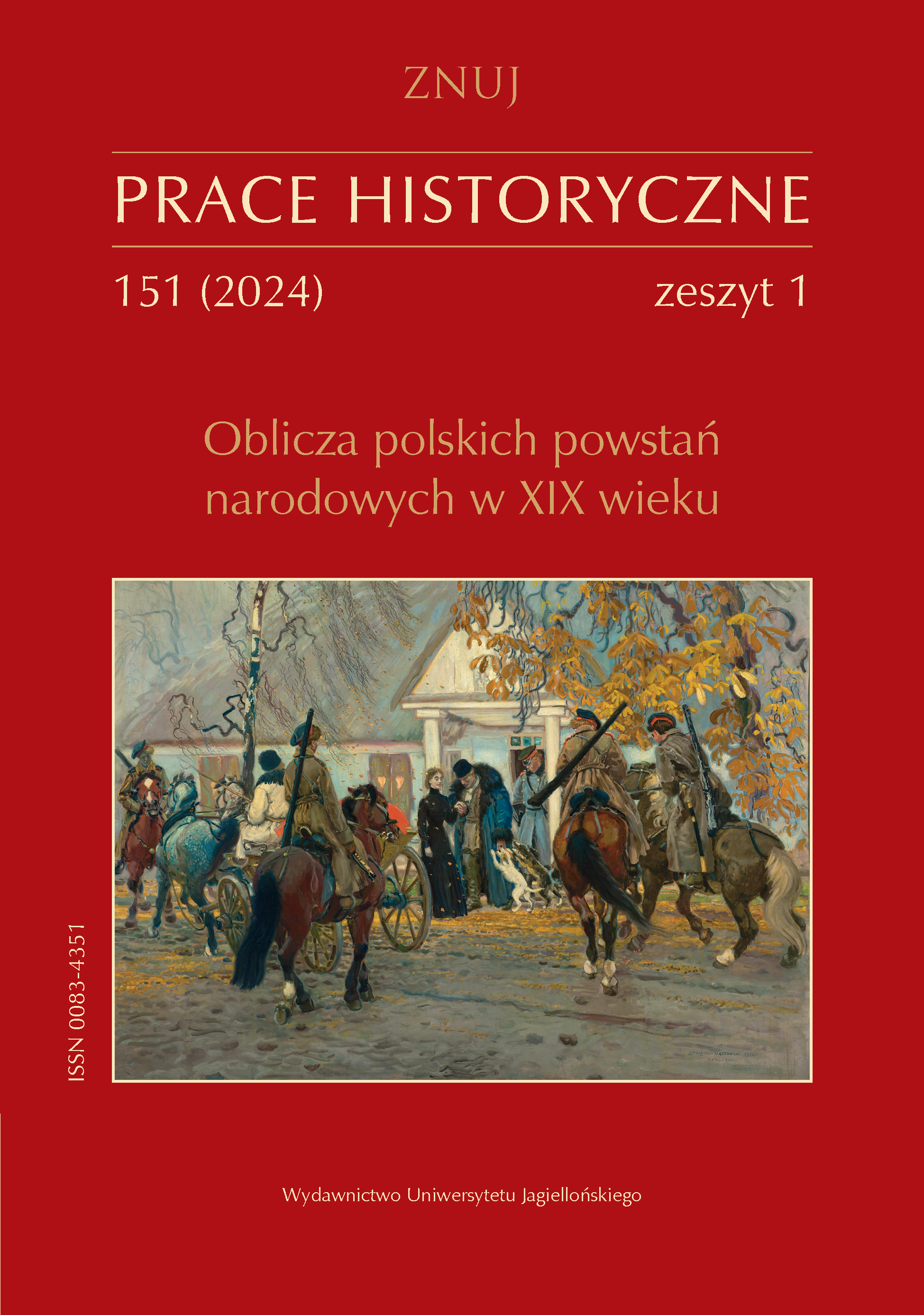

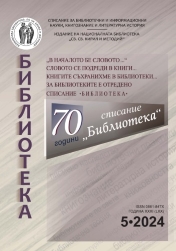
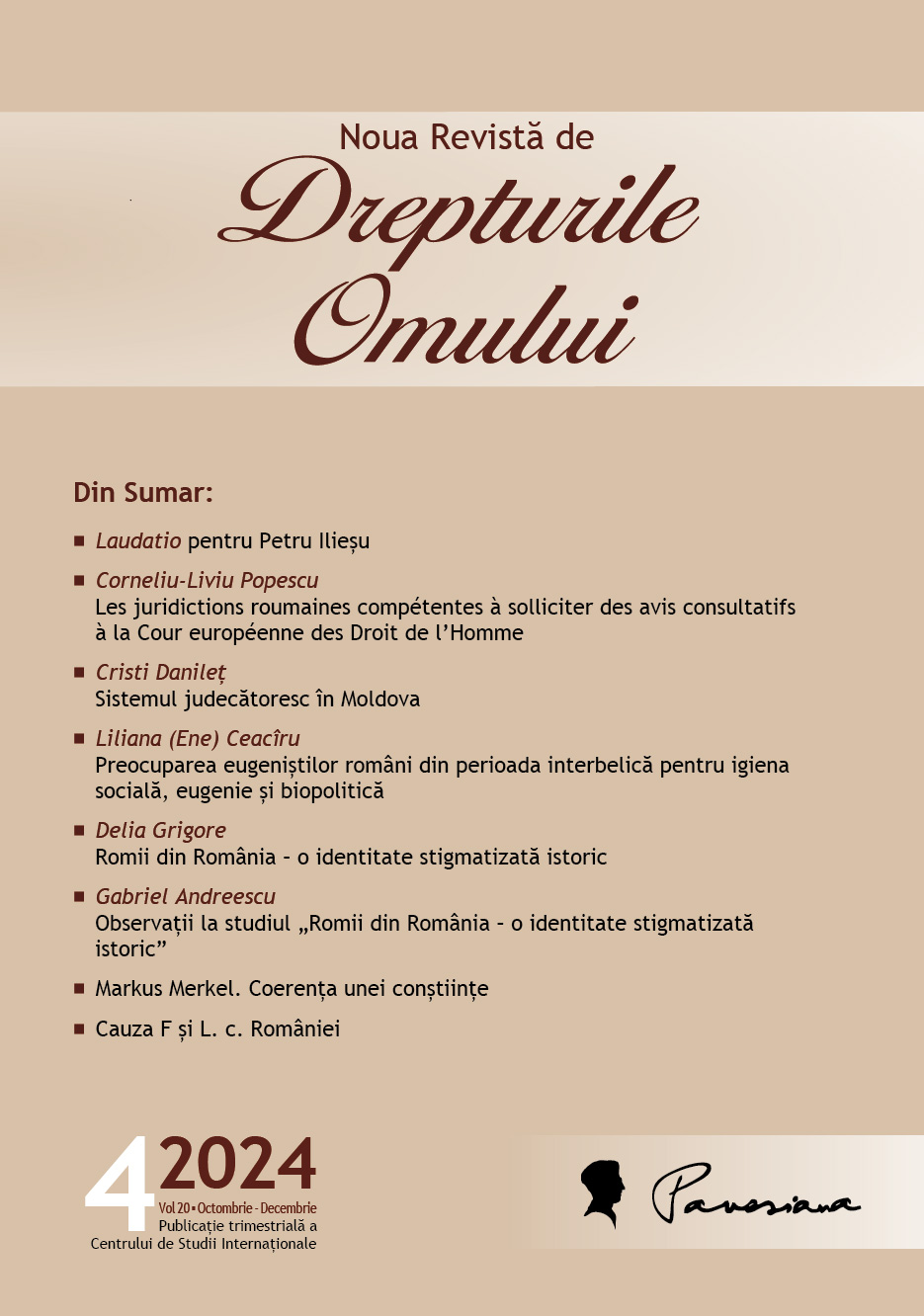
The New Human Rights Review marks the 35th anniversary of the 1989 anti-communist revolutions by honoring two personalities involved in the events of the Great Change. One of them is Petru Ilieșu, author of over twenty books of poetry, essays, and translations, as well as a director of experimental theatre, scenographer, and creator of digital art exhibitions. He has been awarded for his poetry collections and translations, receiving the National Award at the Jazz Gala and the Opera Omnia Award. As an honorary citizen of Timișoara, Ilieșu has also been recognized with the Excellence Diploma from the Timișoara City Hall, the Banat Excellence Gala Award, and the Excellence Diploma in Social Urbanism.
More...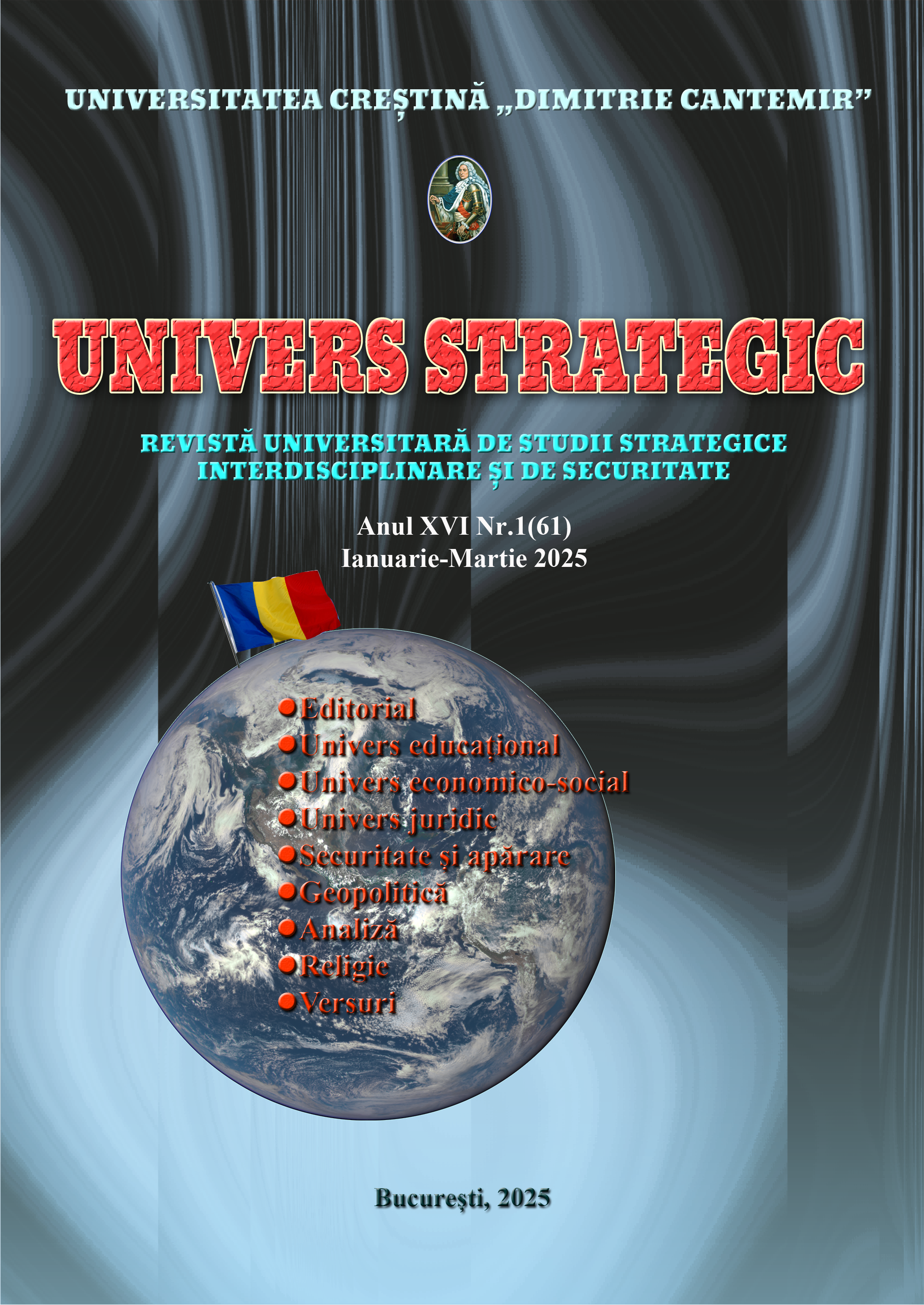
When things did not turn out as those at the buttons planned or thought to come out, of course, for the good of Romania and the Romanian people, the Constitutional Court of Romania was immediately appealed or, perhaps, it was not appealed, but the Court itself took notice and, in its capacity as supreme supremissime, decided to solve the problem, this time, without the instrument called or called errata, but by its sacred right to dictate a binding solution for the voters, for the gatherers, for the people, for the decision-makers and for God. He simply cancelled the presidential elections. It didn’t matter that, for this, there is an Electoral Bureau, that the people are sovereign, that the voter is sovereign, etc, etc. The only thing that mattered was that there was the suspicion of the services that voters had been influenced by Russia, through cyberattacks, by social networks, etc. etc. And, that’s it, the vote of the sovereign voter, who is part of a sovereign people, was cancelled. Why? That’s why! The CCR’s motivation was far from justifying such a decision, but anyway, the motivation does not matter. Only the decision matters. What a terrible tool has been made available to the will of those who think they know better than the sovereign voter what to vote for! So once again to the vote! Hundreds of millions more, another fun! Short and to the point. It will be necessary for others to learn from us... The Germans learned and 80% of them went out to vote.
More...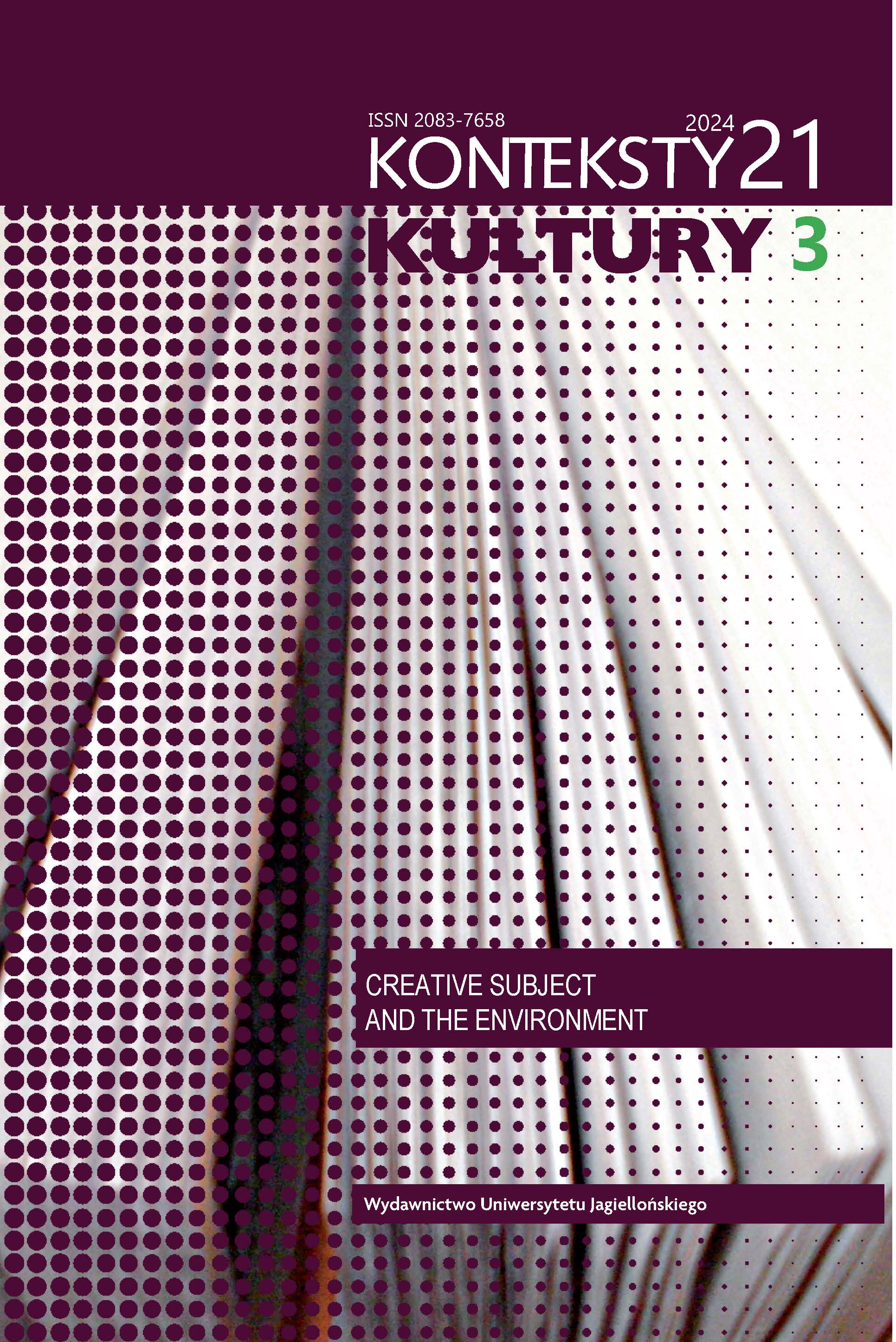
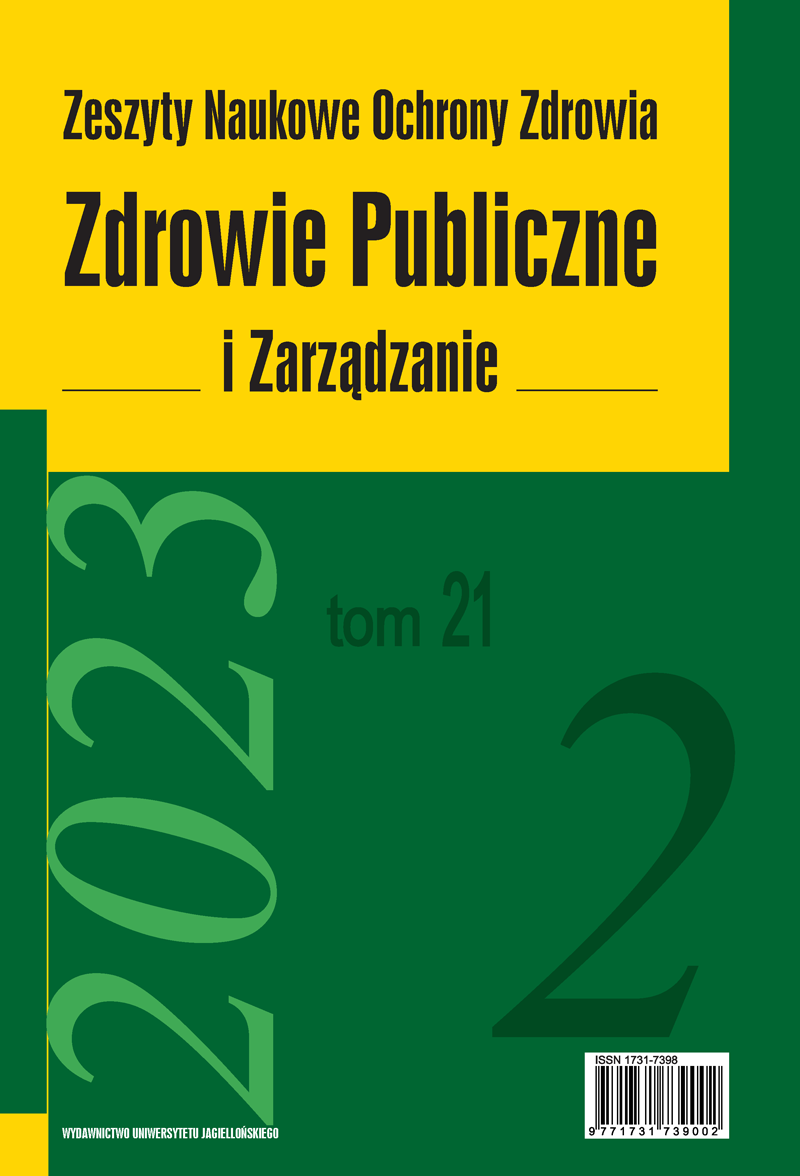
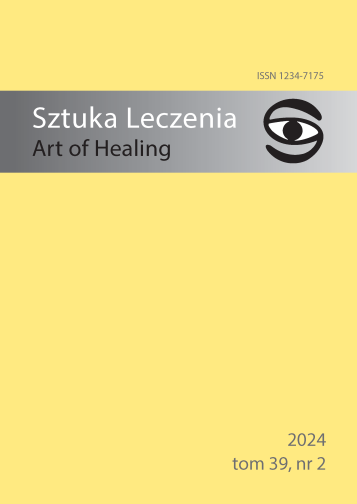
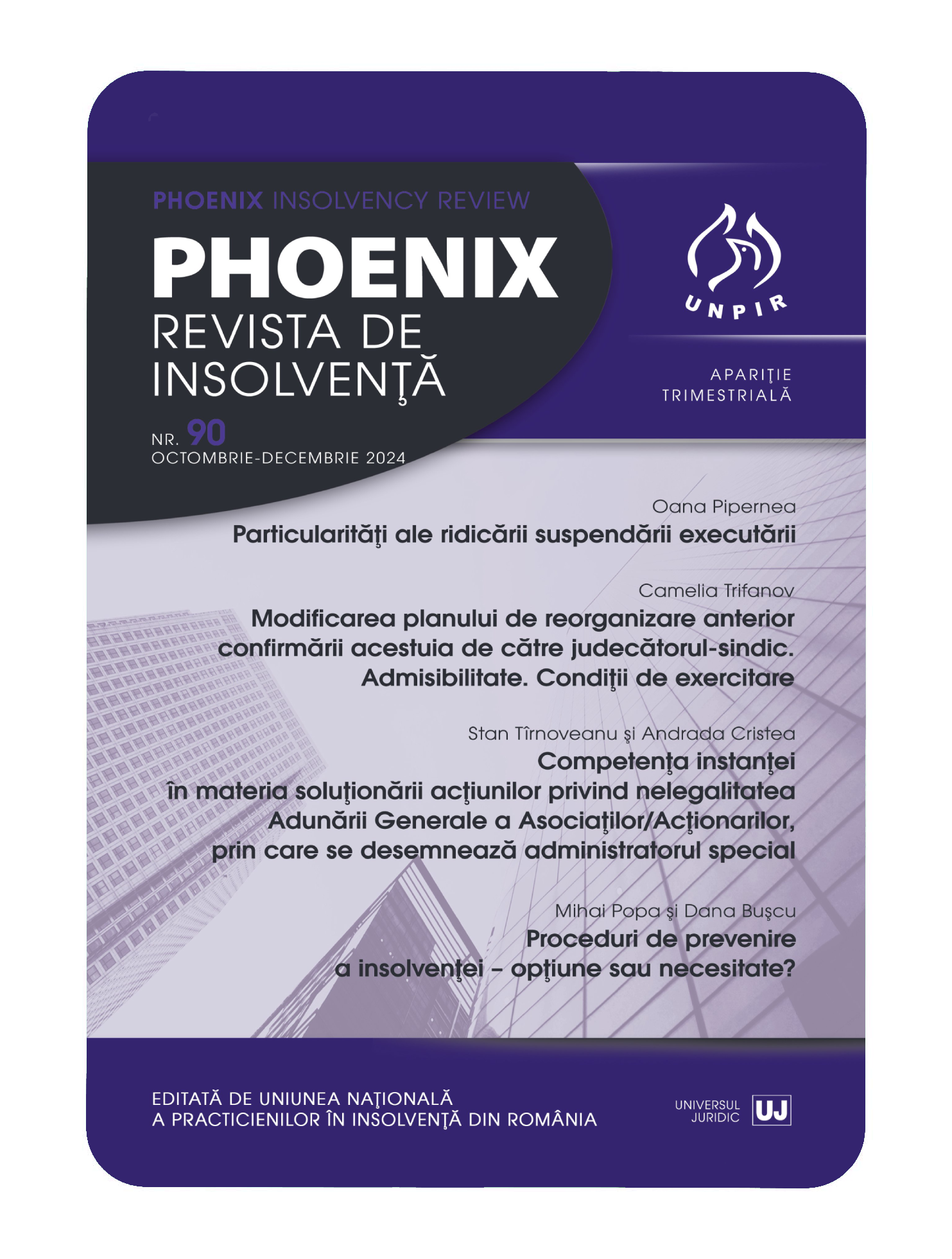
This new issue of the journal brings together fresh contributions from experienced authors in the field of insolvency, offering detailed analyses and relevant perspectives for insolvency practitioners. Each article addresses essential topics, proposing solutions and clarifications within the context of complex legislation and the challenges of professional practice.
More...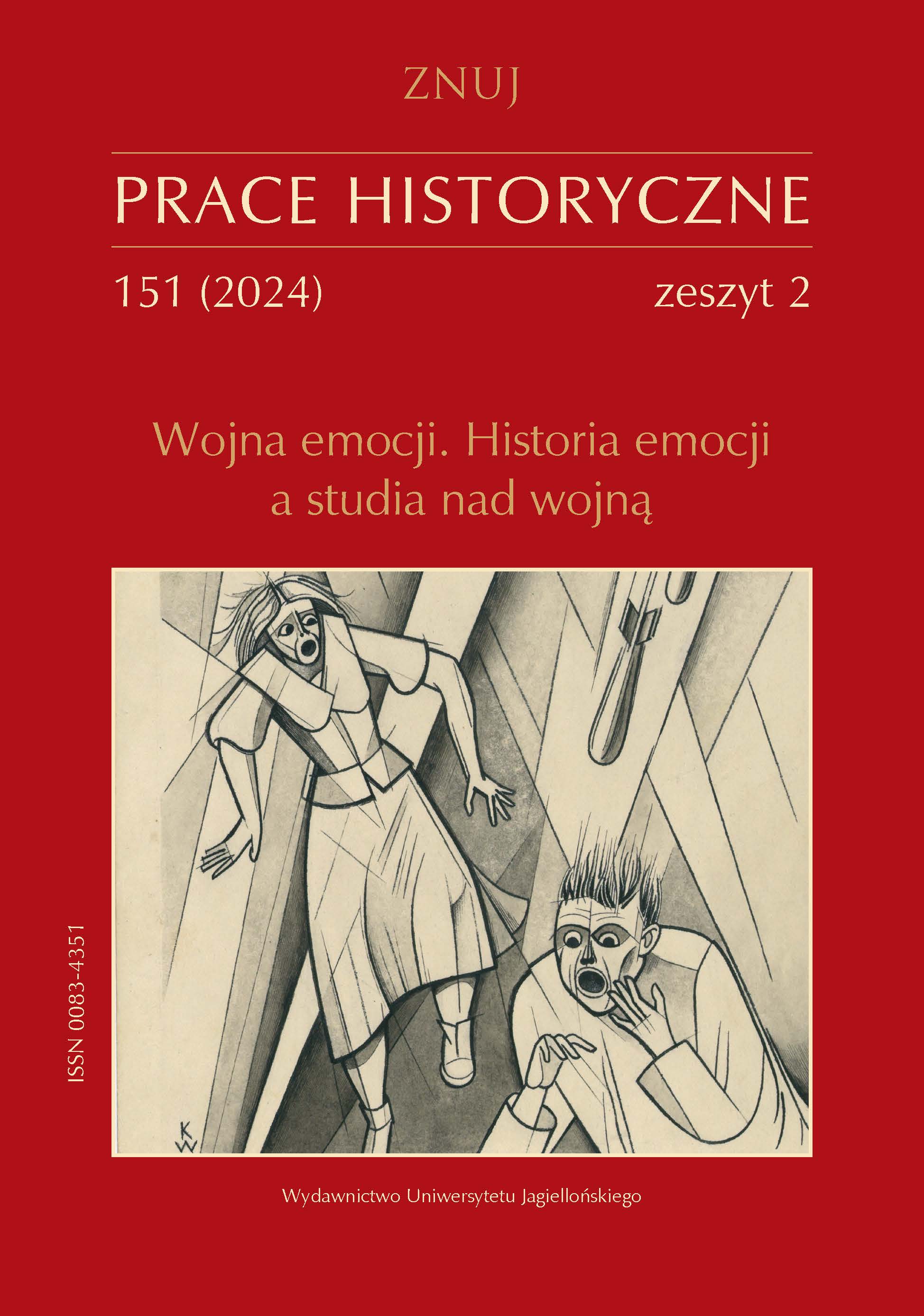
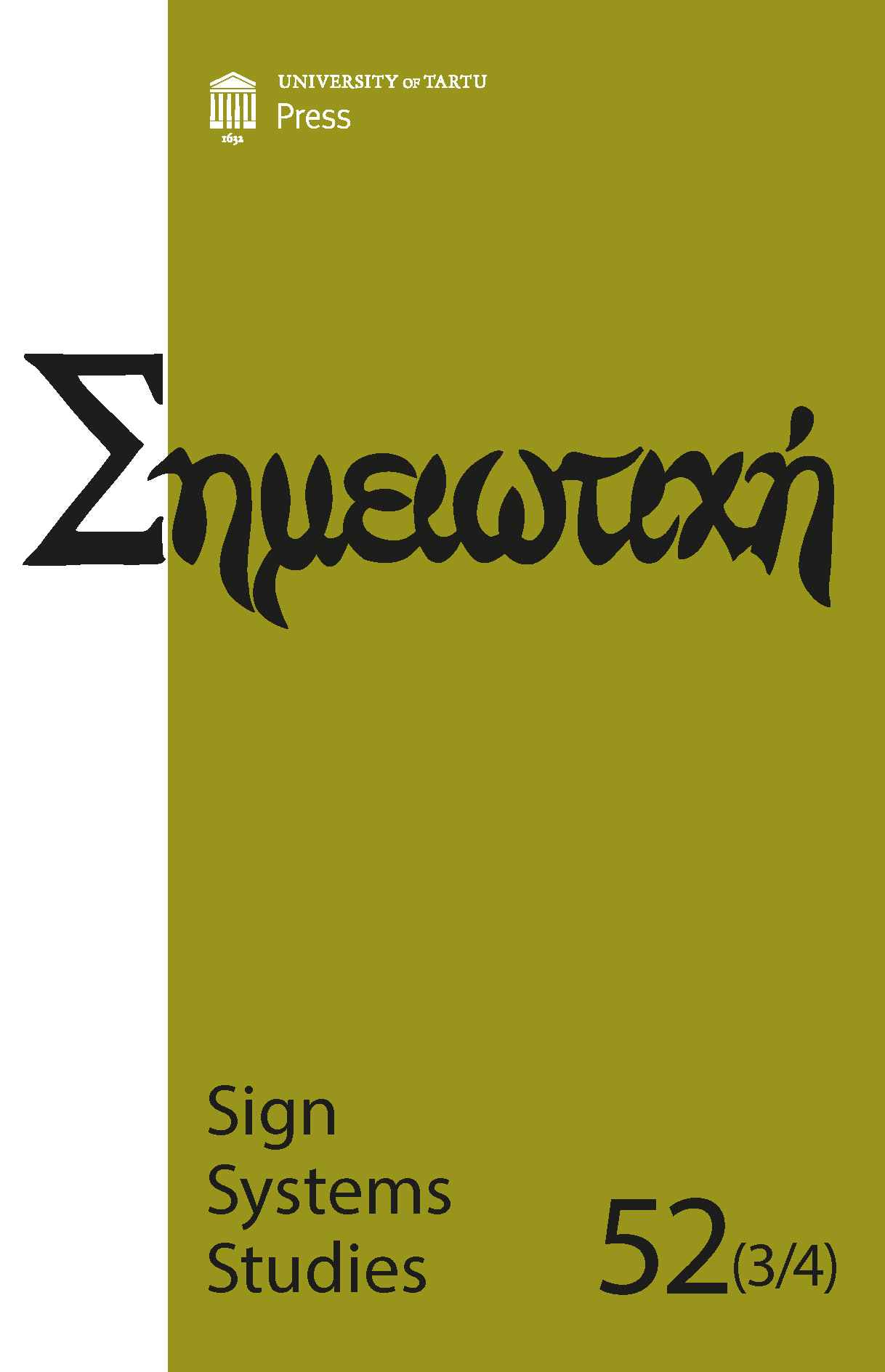
Jakob von Uexküll’s works, originally grounded in biology and philosophy, have garnered increasing interest in academia. This interest is rooted in the foundational nature of Uexküll’s umwelt theory, which examines how organisms perceive and interact with their environments, offering a framework for understanding subjective realities in both natural sciences and humanities (for a relevant bibliography, see Kull 2001, 2020). In the last ten years, the continuing interest has been evident in the publication of edited collections of papers (e.g. Michelini, Köchy 2020), special issues of journals (e.g. Brentari, Tønnessen 2024) and ideahistorical biographies (e.g. Brentari 2015), not to mention individual articles and book chapters. Several of these studies have sought to apply Uexküll’s theories in contemporary contexts and expand their scope beyond the original boundaries of umwelt theory (see e.g. Caves et al. 2019; Herrmann-Pillath et al. 2023; Schroer 2021; Tyler 2022). The goal of this volume is not only to honour Uexküll’s intellectual legacy, but also to expand it further, and to invite authors to reflect on the potential of umwelt theory in addressing modern challenges and to explore the applicability of theory in contemporary contexts. We also hope that this special issue demonstrates how Uexküll’s ideas continue to inspire new directions in research.
More...